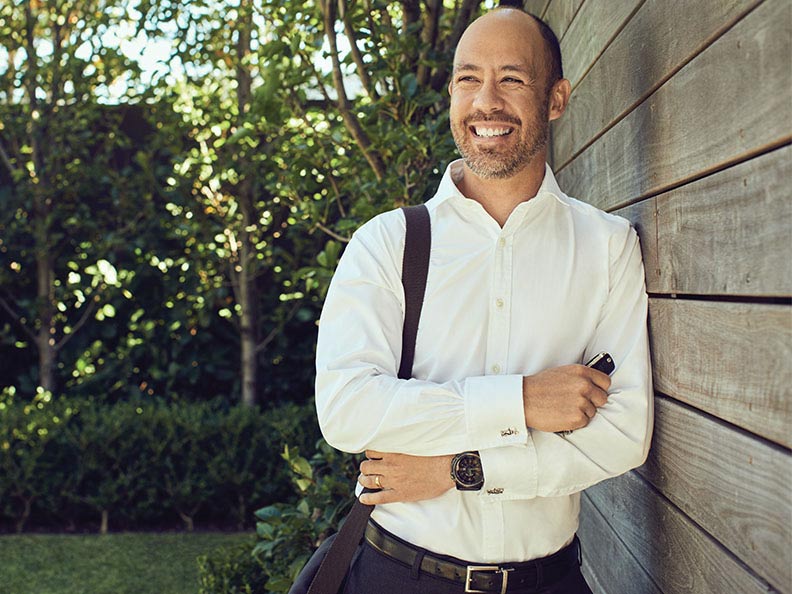Choose the smarter wealth ecosystem
that can help you deepen your client relationships and help your firm thrive.

A smarter wealth ecosystem
We’ve built a smarter product and technical ecosystem designed to integrate seamlessly with the business solutions you already rely on and delivering the efficiencies you need.
The best minds in Macquarie
You have our team behind you. We get to know you, then bring the best minds within Macquarie to help strengthen your business.
A perspective to help you thrive
We share perspectives that make it easier for you to stay ahead. Because growing businesses are learning businesses.
Explore the wealth solutions ecosystem

A guide to active cash management
Actively avoid the risks of hidden, unproductive or idle cash.
Forms and tools
Access the tools and resources you need efficiently and seamlessly – forms, offer documents and performance reporting.

Macquarie Wrap helps you unlock opportunity other advisers can't
Discover new efficiencies with Macquarie's platform

Watch video

Loading video...
Protect your firm: Business email compromise scams
Business email compromise is one of the leading causes of fraud-related financial loss in Australia. You and your team can’t afford to be complacent.
Watch video

Loading video...
Protect your firm: Impersonation scams
An impersonation scam is when a scammer impersonates a bank or other service company and contacts someone by phone or SMS, asking them to authorise transactions, make a payment or provide personal information.

Security and scams hub
Arm yourself with information on the latest scams and fraud activity. Learn how to protect yourself and share useful with your clients about how to stay safe online and beyond.

Macquarie Authenticator
Macquarie Authenticator is a secure digital verification and transaction approval tool.

The Macquarie Perspective
Thought leadership to make it easier for you to stay ahead
We do the work of distilling business insights to give you the point of view you need to keep your business thriving. Access client and business strategy insights, industry news and legislation, and product updates from the best minds in Macquarie.
Contact us
Need help? If you’re an adviser, please contact us via live chat in Adviser Online. If you’re a client, please call
More information on AML/CTF requirements
For more information on AML/CTF requirements, please see:
A guide to Anti-Money Laundering and Counter-Terrorism Financing for advisers
Beneficial Ownership obligations
Additional information
Unless stated otherwise, this information has been prepared by Macquarie Bank Limited AFSL and Australian Credit Licence 237502. It is provided for the use of licensed and accredited brokers and financial advisers only. In no circumstances is it to be used by a potential client for the purposes of making a decision about a financial product or class of products.
This information doesn’t take into account your needs or financial situation - consider our Product Disclosure Statement (or other applicable offer document(s)) available on the Macquarie website, to decide if our products are right for you and whether you should acquire or continue to hold a product.
Target Market Determinations for Macquarie issued products are available at our Design and Distribution hub.
The Macquarie Cash Management Account, The Macquarie Cash Management Accelerator Account and Macquarie Bank Term Deposit are basic deposit products issued by Macquarie Bank.